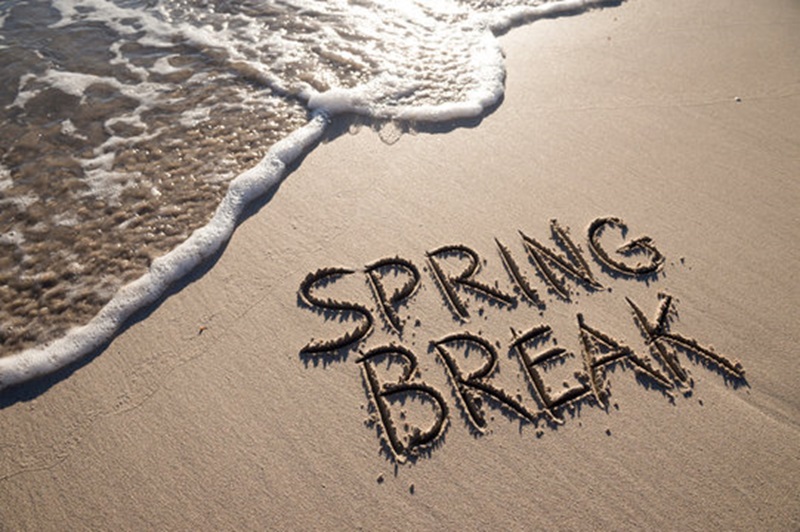
During this period of the year, college students typically transform the main thoroughfare of Miami Beach into a sprawling street fiesta, obstructing traffic while reveling in drinking and dancing to pulsating reggaeton tunes. However, stringent new regulations have significantly toned down this quintessential American tradition known as Spring Break.
The southern Florida city has implemented measures to quash the excessive partying that has spiraled out of control, occasionally resulting in violent incidents, including two fatalities from shootings last March. As the weekend approached dusk, Ocean Drive, typically teeming with thousands of partygoers, appeared noticeably subdued.
The vibrant music, throngs of scantily clad youth, and intermittent aroma of marijuana dissipating from the city’s iconic avenue adorned with Art Deco structures were conspicuously absent. Much like Miami Beach, numerous coastal cities in southern Florida serve as magnets for students eager to unwind during their Easter recess.
To maintain order, Miami Beach authorities have bolstered police presence, established additional sobriety checkpoints, and shuttered all public parking lots except one, which levies a $100 fee during peak weekends of the Spring Break season.
Moreover, bars and eateries are prohibited from operating sidewalk café sections, while liquor outlets must close by 8:00 pm. The city has unequivocally conveyed its message through a video disseminated on social media platforms.
The advertisement features a young woman seated by the ocean, stating, “Hey, We need to talk,” as it commences. “Our idea of a good time is relaxing on the beach,” adds another girl. “Hitting up the spa,” chimes in a young man. “You just want to get drunk in public and ignore laws,” retorts the initial woman, followed by yet another young woman stating, “so we’re breaking up with you.”
Not everyone is thrilled about the new regulations. Shannon McKinney, a student from New Orleans, expresses her discontent, particularly regarding the beach closure at 6:00 pm, four hours earlier than usual. “It’s kind of wack because we just want to have fun. We’re not here to promote violence. We came a long way, and we spent money,” she vents.
Conae Rhodes, a 25-year-old Virginian, adopts a more empathetic stance toward the restrictions, acknowledging the necessity to curb unruly behavior associated with Spring Break festivities. “I kind of understand where they’re coming from because of the Spring Break being here every year. There are always people who don’t know how to act or don’t know how to control their liquor,” she remarks.
The crackdown has elicited mixed reactions from Miami Beach residents. Musician Joel Hernandez, 54, acknowledges the imperative of safety measures as Spring Break has grown increasingly chaotic in recent years, although he attributes the issues more to troublemakers than to students. Nonetheless, he opines that the new regulations may be overly stringent.

Post Your Comments